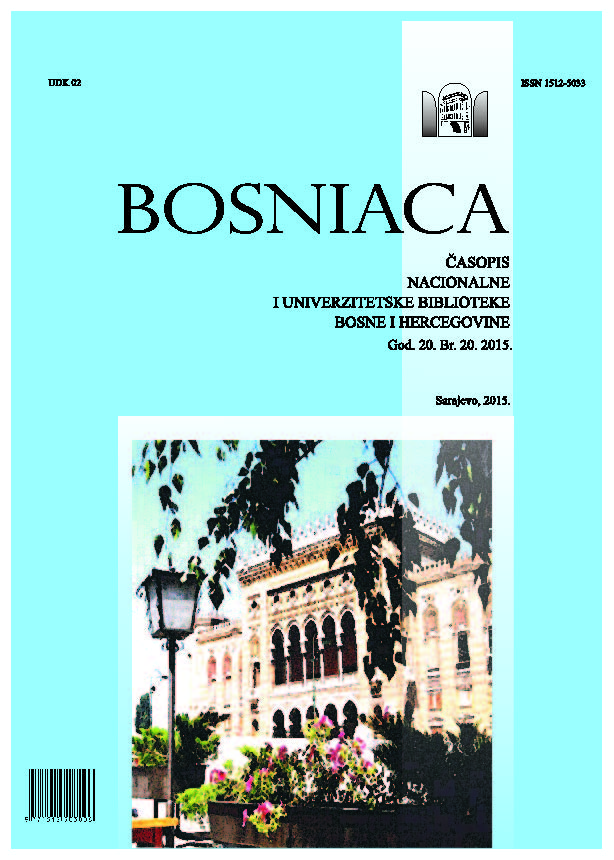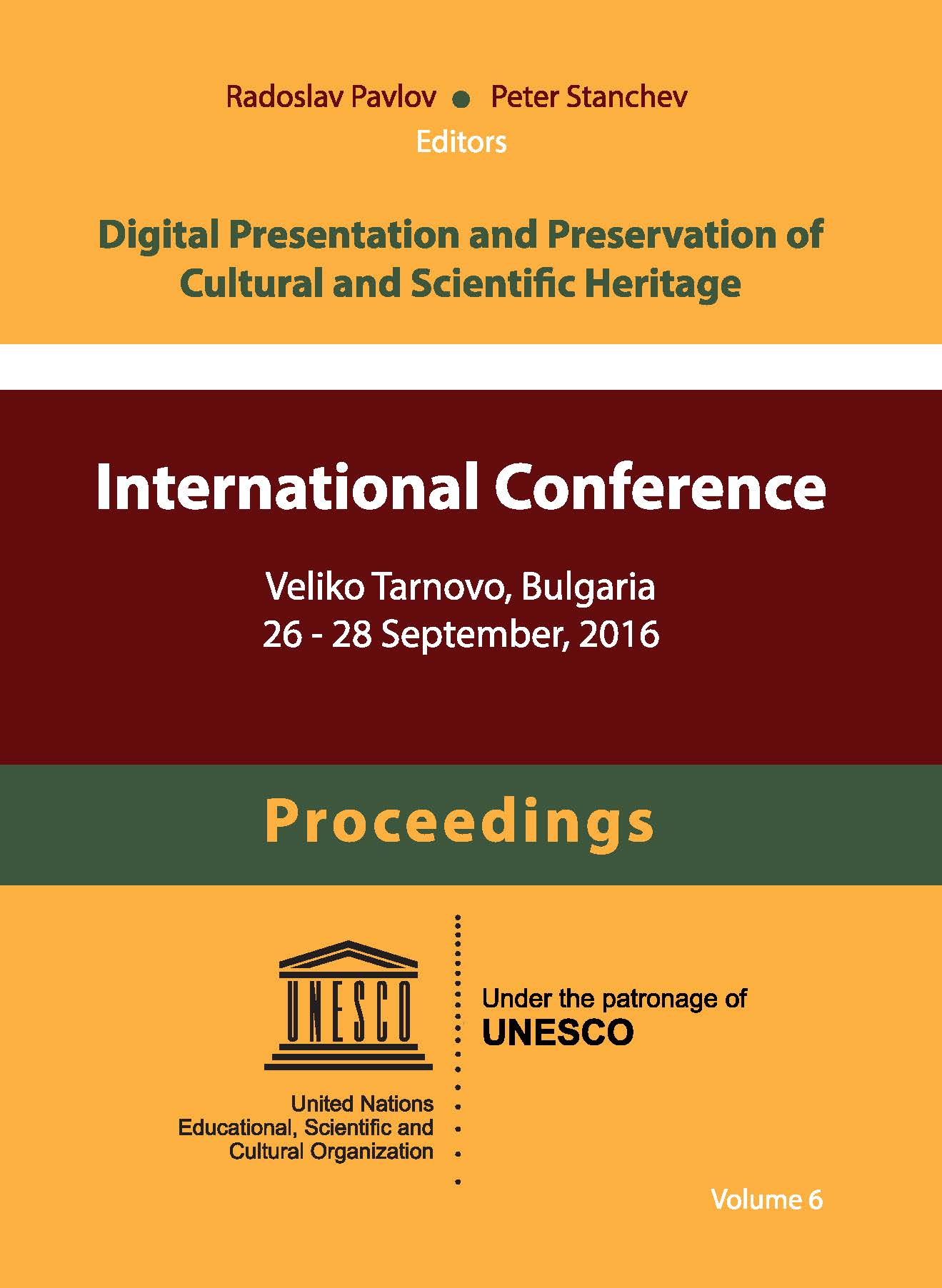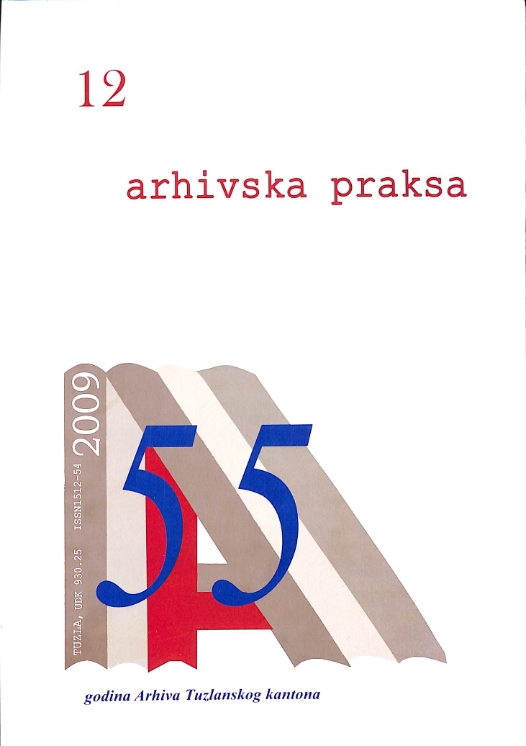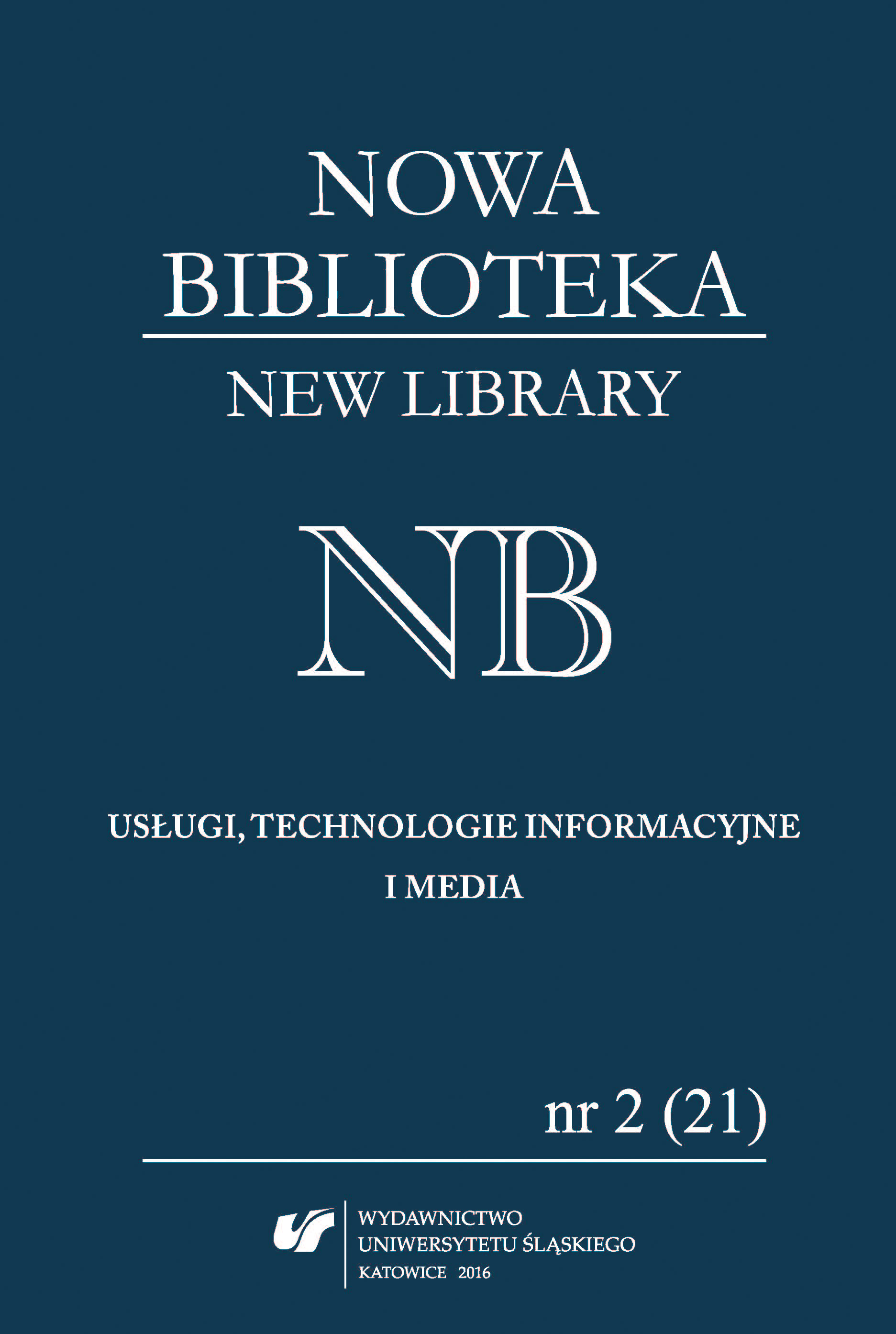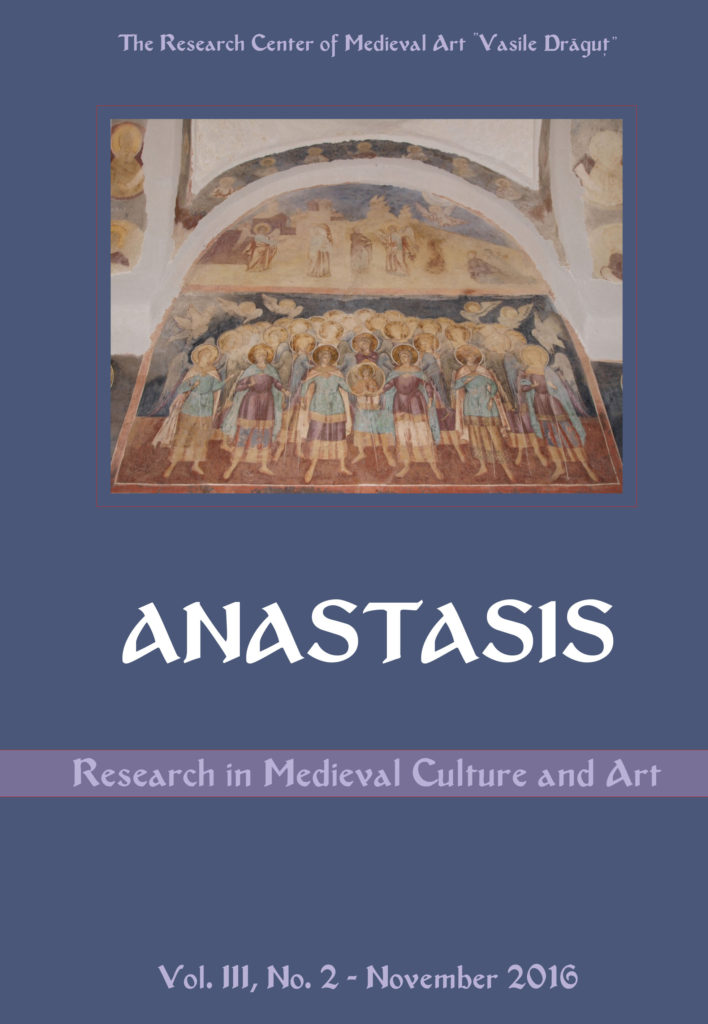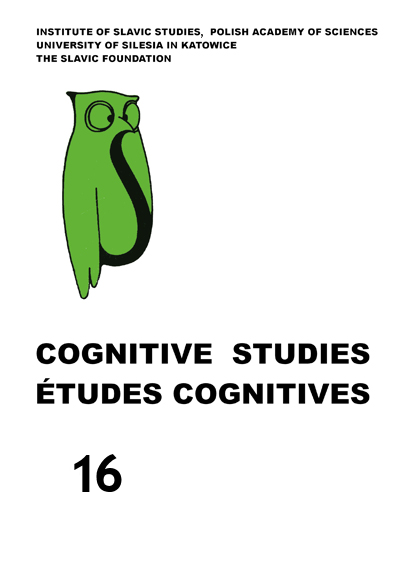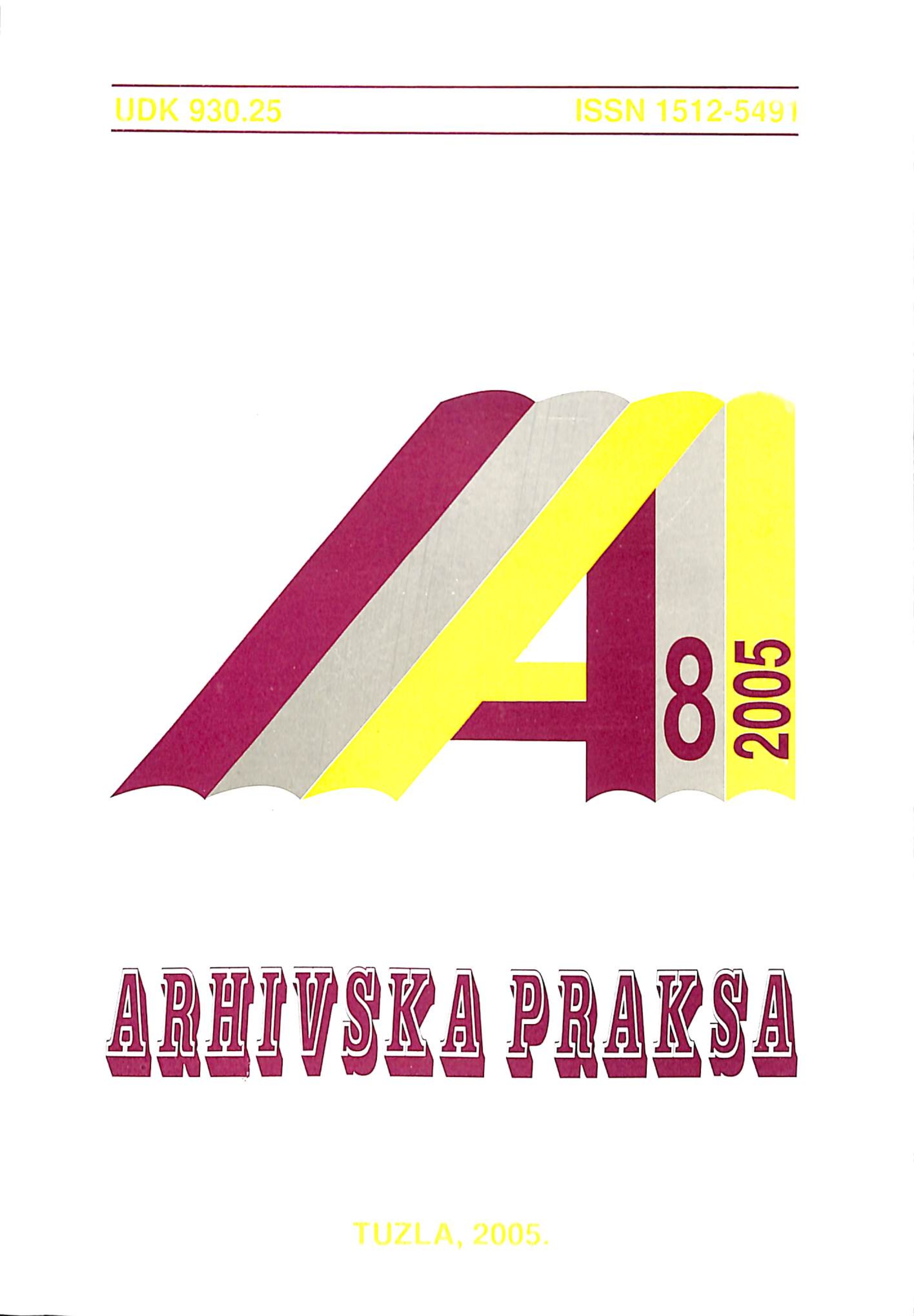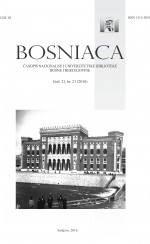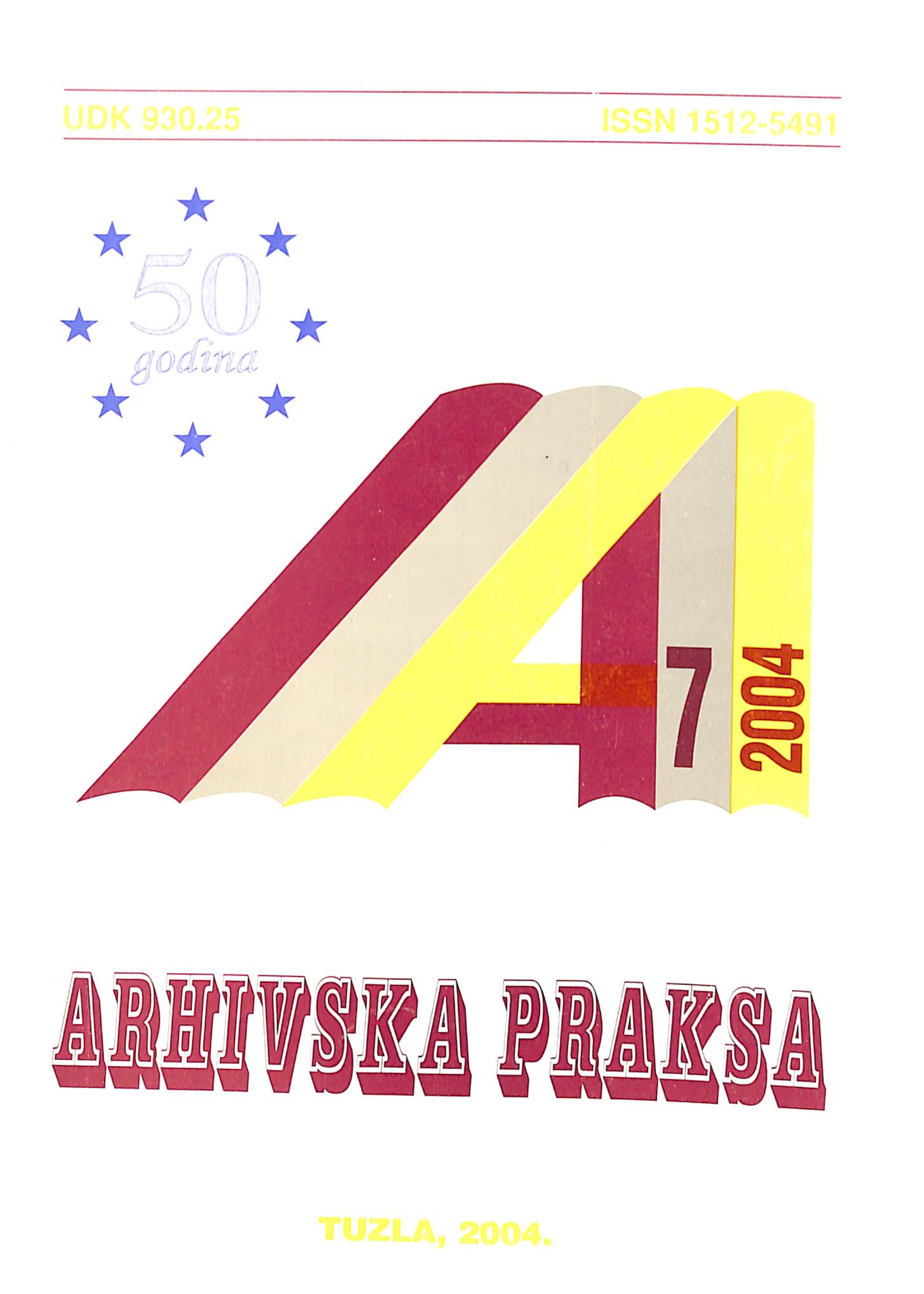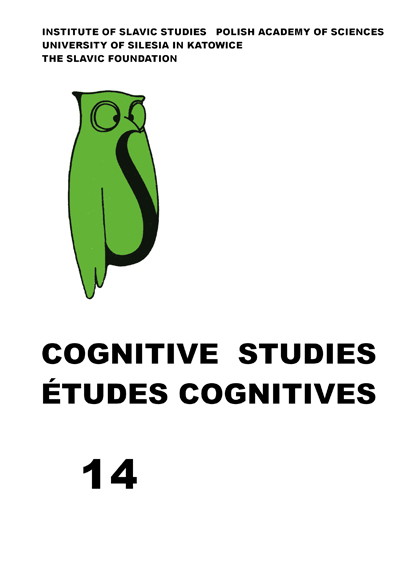
Web-Based Software System for Processing Bilingual Digital Resources
The article describes a software management system developed at the Institute of Mathematics and Informatics, BAS, for the creation, storing and processing of digital language resources in Bulgarian. Independent components of the system are intended for the creation and management of bilingual dictionaries, for information retrieval and data mining from a bilingual dictionary, and for the presentation of aligned corpora. A module which connects these components is also being developed. The system, implemented as a web-application, contains tools for compilation, editing and search within all components.
More...
